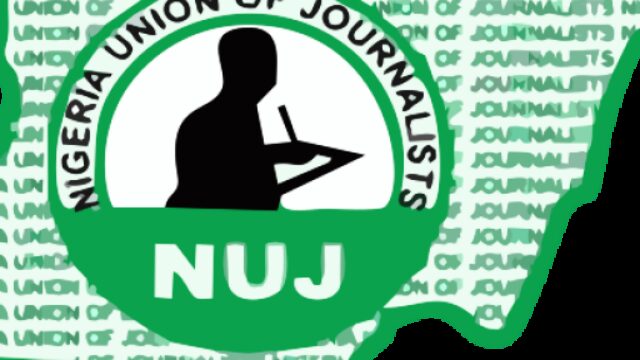As the world marks the International Day to End Impunity for Crimes Against Journalists yesterday, the Nigeria Union of Journalists (NUJ) has expressed deep concern over the growing wave of violence, intimidation, and harassment of journalists in Nigeria and worldwide.
In a statement jointly signed by its National President, Alhassan Yahya Abdullahi, and National Secretary, Achike Chude, the union said unchecked attacks on journalists threaten democracy, weaken public accountability, and embolden authoritarianism.
Quoting figures from the UNESCO Observatory of Killed Journalists, the NUJ disclosed that more than 1,700 journalists were murdered globally between 2006 and 2024, with nearly 90 per cent of cases still unresolved.
The organisation lamented that Nigeria remains part of this global crisis, as several cases of harassment, arbitrary arrests, and physical attacks on reporters have gone unpunished.
“The media continue to navigate the treacherous minefield of serving as the voice and conscience of humanity,” the statement said, adding: “Impunity for crimes against journalists is a danger to democracy itself. When the press is silenced, society loses its moral compass.”
The NUJ particularly condemned the misuse of the Cybercrime (Prohibition, Prevention) Act, describing it as “rightfully maligned” and often deployed by government agencies to harass journalists under the guise of combating fake news. It reiterated its call for an urgent amendment of the Act to expunge provisions inimical to press freedom and the constitutional right to free expression.
While commending the United Nations for dedicating November 2 as a Global Day of Reflection on the safety of journalists, the NUJ insisted that more decisive action was needed to end impunity, hold perpetrators accountable, and protect those working in the public interest.
“Governments have a duty to protect journalists doing their jobs from the agencies and individuals who have scant regard for the noble profession,” the union said.
Media rights advocates have urged the Federal Government to ensure independent investigations into all attacks on journalists, enforce judicial accountability, and train security operatives to respect press rights. They also called for collaboration among civil society, the judiciary, and the legislature to guarantee that the media can operate without fear.
The NUJ added: “Silencing journalists is equivalent to silencing citizens. A nation that tolerates impunity against the press endangers its own survival.”
IN another development, the Kwara State NUJ Correspondents’ Chapel has elected the Nigerian Tribune’s Biola Azeez as its chairman. With the election which took place at the weekend in Ilorin, Azeez takes over from Abdulhakeem Garba of Channels Television.
Convener of One Kwara Agenda, Dr Olufemi Adetola, described Azeez’s election as a well-deserved recognition of professionalism, dedication, and integrity in the practice of journalism.

